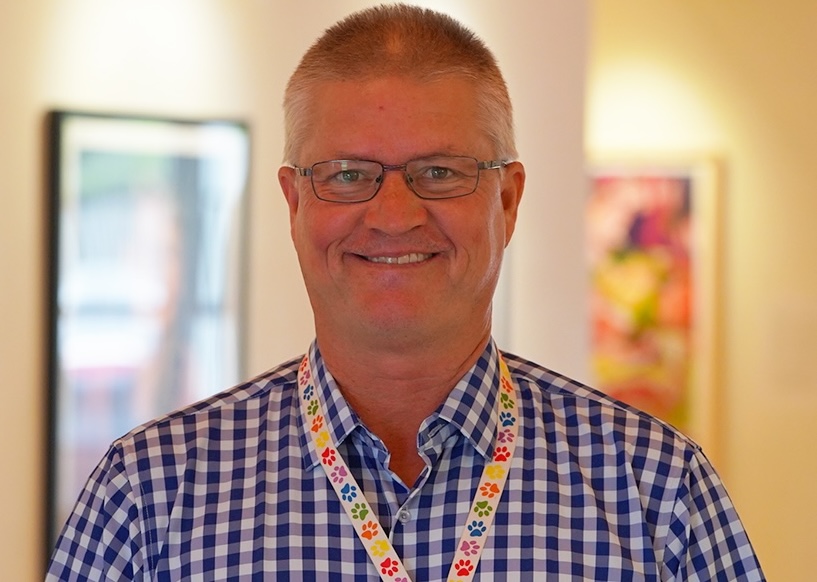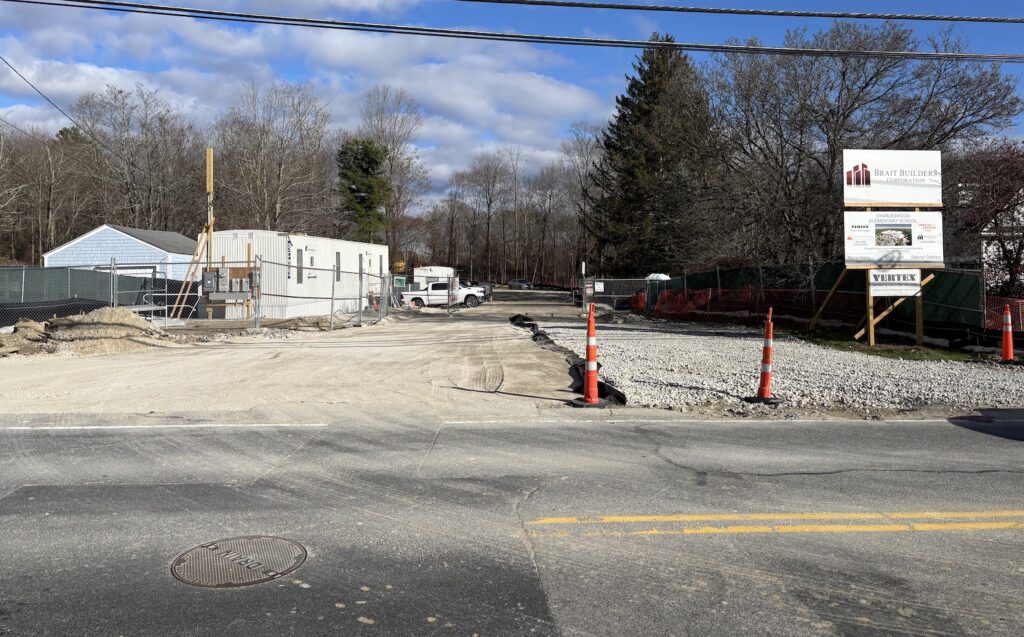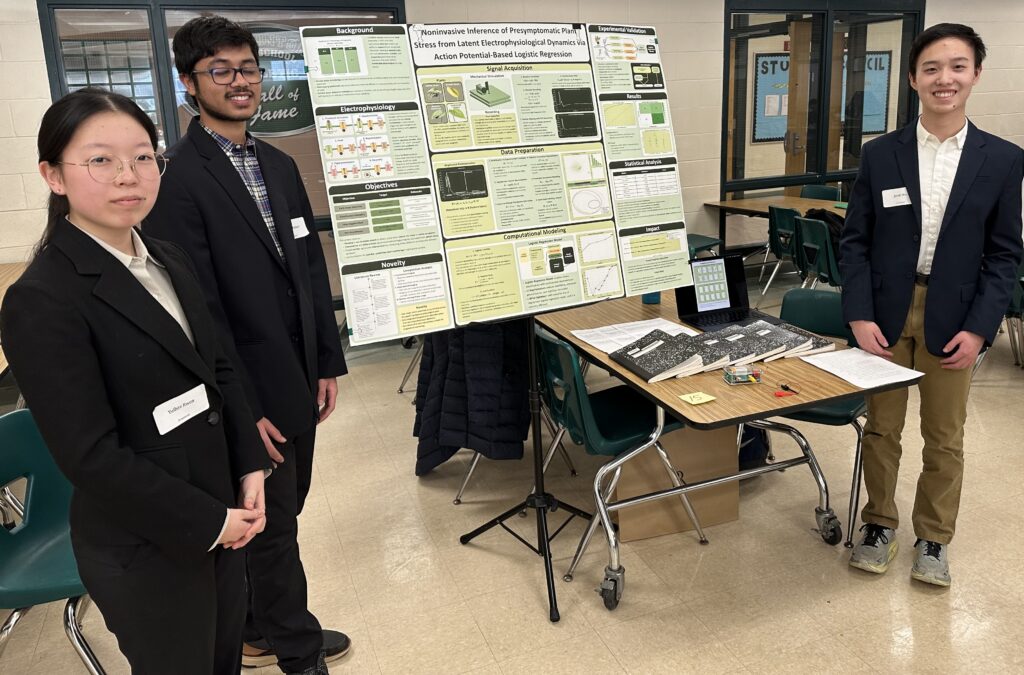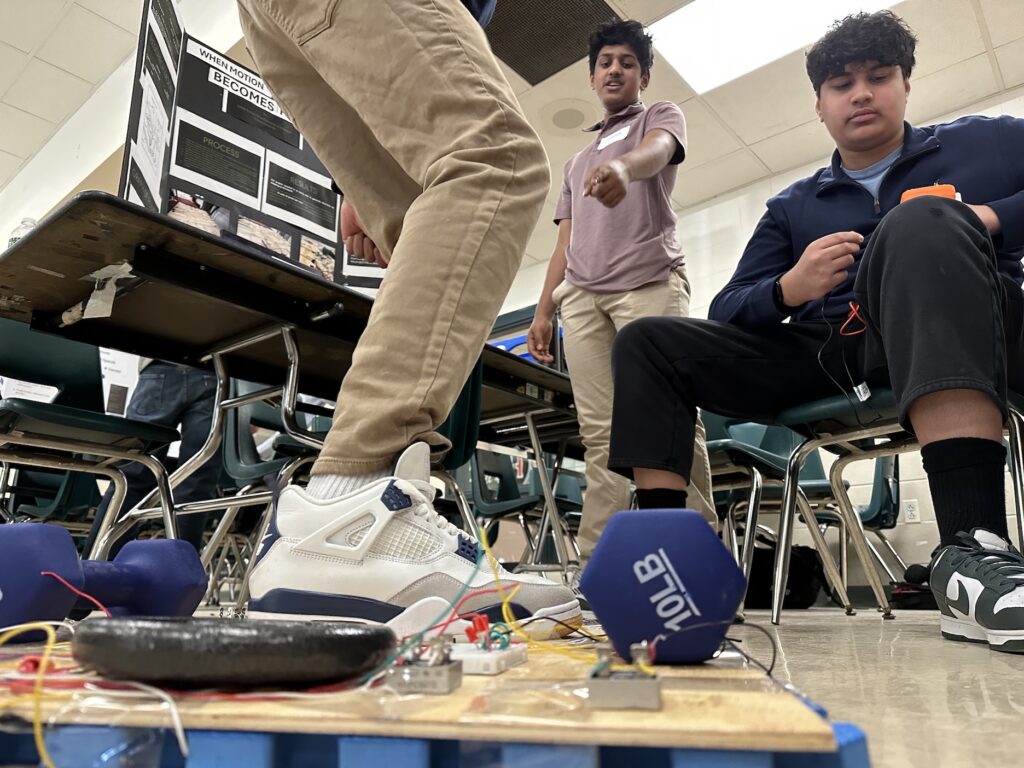During a workshop-style meeting on Thursday, School Committee members discussed their individual ratings for Superintendent Carol Cavanaugh’s ability to achieve her performance goals. They also evaluated her as either “exemplary” or “proficient” in areas such as fiscal systems, family and community engagement, conflict management and more. The other rankings are “needs improvement” and “unsatisfactory.”
For the goals, the superintendent was said to have “met” or “exceeded” them. The goals centered on the following: changes to K-6 math curriculum; writing curriculum redesign and disciplinary literacy instruction; DEI (diversity, equity and inclusion)/social emotional learning efforts; enrollment growth and building use; and growth and improvement of administration team through communication and care for each other as well as a refocus on teaching and learning.
While each of the four members present (Holly Morand was absent) shared their feedback, chair Nancy Cavanaugh had them reach a consensus at the end of each category. She will take their comments and return next week with a completed evaluation document.
Several of the areas prompted discussion, with board members largely agreeing on their feedback.
Vice chair Amanda Fargiano noted that several “extraneous factors” occurred throughout the school year that were “time drains” on Cavanaugh’s workload. These factors included the Elmwood School project, budget changes and staff turnover.
Cavanaugh, she said, met expectations, but efforts are ongoing in some areas.
Several times, board members alluded to the difficulties earlier this year in the district when a proposal to cut special education therapists’ positions was met with public outcry.
Nancy Cavanaugh said “discourse was uncomfortable” with members of the Special Education Parent Advisory Council (SEPAC) during that time, but noted that group had grown from one member at the start of the year to now having several parents actively involved.
The School Committee is developing a policy related to SEPAC and worked with a mediator to improve relations earlier this year.
Incorporating writing into other disciplines is one effort the board members recognized as being the superintendent’s area of expertise and passion.
“This is your jam,” is how School Committee member Jenn Devlin put it.
Members collectively agreed that the superintendent’s concentration on dealing with enrollment growth and building use was “exemplary,” talking about the proposed Elmwood School replacement project and all the work of the Elementary School Building Committee.
Carol Cavanaugh said that the project recently moved to the “schematic design” phase with the approval of the Massachusetts School Building Authority (MSBA).
“It is a very aggressive undertaking, and it’s happening,” Devlin said.
Committee members felt there is more discussion and cooperation among administrators, but Nancy Cavanaugh pointed out that some of the high-quality administrators chose to move to positions in other districts. As a result, team building will have to continue when new people are hired, she said.
Fargiano said the superintendent leads the district well despite its low per pupil expenditure compared to other communities in the state.
“The reason it is efficient is because of thoughtful programming and a comprehensive approach,” she said.
Devlin said another of Carol Cavanaugh’s strengths was her use of data-driven information and assessments when making decisions.
Member Lyn Batlle-Rafferty acknowledged the superintendent’s relationship with the teachers union had its ups and downs, while Nancy Cavanaugh noted the budget process was difficult this year with administrators called upon to make changes several times.
“You rose to the occasion in a short time with high-quality thoughts and documents,” the chair said. “It’s emotional, but you kept students first.”
Batlle-Rafferty also praised Carol Cavanaugh for the “quick turnaround” required during the budget process and the ability of administrators, including principals, to provide clear and concise information that can be readily understood.
She also spoke in favor of all the efforts to provide “culturally responsive” information to families whose first language is not English.
The superintendent noted there are texting apps so that people can receive communication in different languages. There also is an interpreter available at meetings with this population.
In addition, the chair said it is a positive that the “vision of succeeding” is not limited to going on to four-year colleges. “The conversations and opportunities are changing. … It’s good for social/emotional health for [students] to go to their own successes and not have them imposed upon them.”
“The needs of kids now are very different from what they were 10 years ago,” Carol Cavanaugh said.
Batlle-Rafferty called managing conflict a “forever struggle” and part of any superintendent’s job.
She said it was not so much the superintendent who had a difficult time “reaching across the aisle” to people who disagreed with her, but other administrators “still had steps to go” to handle issues the way she does.
“You maintained an aura of professionalism in conflicts,” Devlin agreed. She and other members said the superintendent does not let emotions play into her responses to people who disagree with her.
Fargiano also recognized that the superintendent did not “sway for the sake of harmony and peace.”
“Highly charged conflicts would have made others crumble,” said Nancy Cavanaugh to the superintendent. “You kept moving forward to bring us to the other side.”
The chair said she worried about the superintendent’s longevity in the district because she often works during vacations “on complicated stuff.”
Batlle-Rafferty said when she first joined the board three years ago, she made it a point to pay attention to how the superintendent would resolve conflicts.
“From that starting point, I’ve seen an incredible increase in your ability to deal with huge external conflicts coming your way.” Batlle-Rafferty said, adding that COVID-19 contributed to the stress of that time period.
She also praised the superintendent’s growth from meeting the legal obligations for special education students to “more thoughtfulness in keeping them in mind.”





















“Fargiano said the superintendent leads the district well despite its low per pupil expenditure compared to other communities in the state.”
Maybe there would be adequate funding for the schools if the boondoggle on Main Street had been voted down. I have seen cars driving on the new bike path, confused. Very few people ride bikes here, so what is the cost per bicycle user for the project? All of those funds should have gone to the schools. I have never seen a project so over-engineered and expensive for such little value added to all community residents.
Will Hopkinton allow students to ride bikes to school now, or will the police pull them over for doing nothing illegal? Every week I read about our police stopping youth who are walking and biking to “check up” on them. Why? Not helpful. I cannot even listen to budgetary concerns in this town while watching money thrown at unneeded concrete bike lanes. Where are the town leader’s priorities?
I also feel that the Superintendent, Chief of Police, and Town Officials could have done a LOT more outreach to let the sunshine in on the child abuse perpetrated at the school by the founding police resource officer. Was the Superintendent graded for the failure to work with peers to keep this predatory child abuse from appearing as another cover-up, or to provide a plan to prevent this from happening again? I know the problem happened years ago, but those here now have an obligation to mitigate and inform.
The concern about John Porters alleged conduct isn’t really fair to be put on the superintendent.
Dr. Cavanaugh started in 2016. Porters conduct happened in 2004-2005. There is no overlap there.
We don’t know when the town became aware of the allegations before the suspension in August. The town couldn’t (legally) act on anything until the investigation and inditement happened.
I’m firmly against SROs and the criminalization in schools, but I can’t fault the town for any actions that have occurred with what we know now.
I wouldn’t even blame those who knew and worked with the SRO back in 2004-05. This alleged conduct is done in secret, when no one is looking, by someone you would least suspect. The victim is a child who is likely terrified and ashamed, and frightened to come forward. That’s why predators get away with it so often. Anyone who works in a school is regularly CORI checked. I’ve worked in the schools for 20 years. No matter how much you try to regulate, prevent, legislate, predators will sometimes still get their foot in the door.